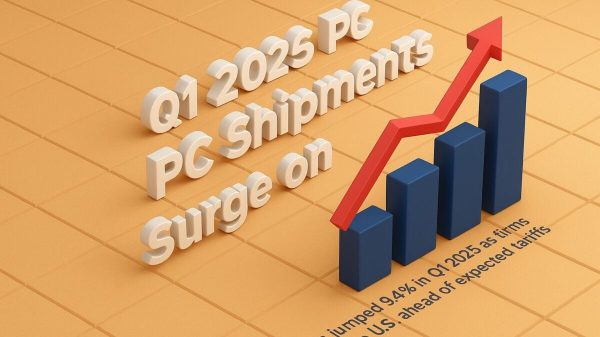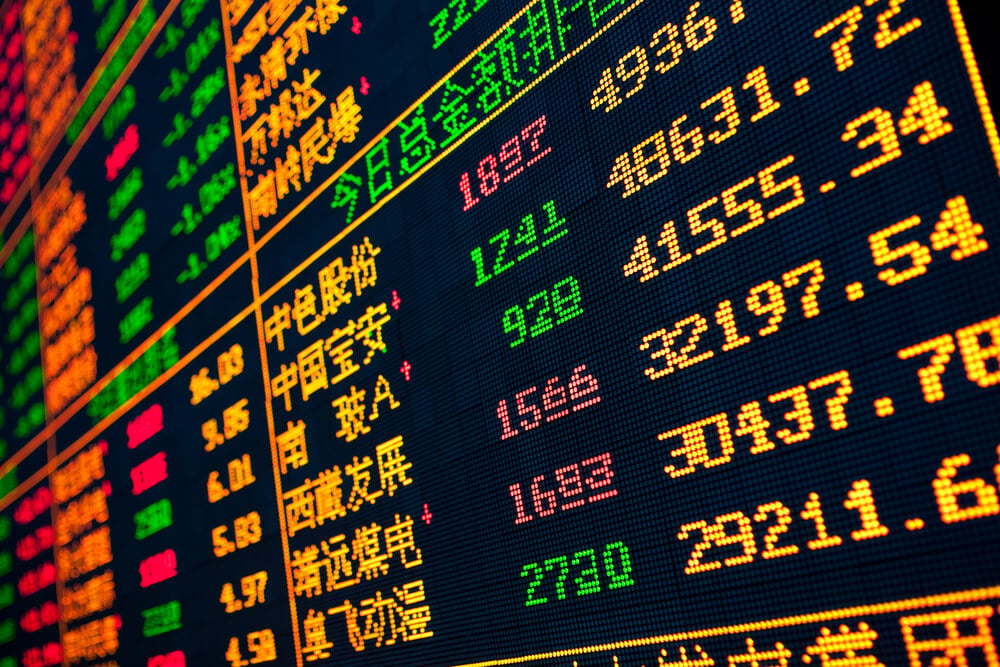Insights from the Asian Markets
In the ever-evolving landscape of global finance, emerging markets equities have garnered significant attention from investors seeking diversification and high growth potential. As economies in various corners of the world continue to develop and integrate into the global economy, the allure of these markets becomes increasingly apparent.
This article delves into the world of emerging markets equity investments, exploring the significance of the emerging markets index and shedding light on the advantages of emerging markets investing through avenues like ETFs.
The Emergence of Emerging Markets Equities
Asia-Pacific markets experienced a notable sell-off on Wednesday, closely echoing the downward trajectory witnessed on Wall Street. The primary catalyst for this market movement was the slump in U.S. banking stocks, which had a cascading effect on international markets.
The value of shares in prominent financial institutions, such as JPMorgan Chase, Wells Fargo, and Bank of America, experienced declines of 2% and 3%, respectively. The impetus behind this trend was Fitch’s cautionary statement, indicating the potential necessity to revise credit ratings downward for numerous banks, including JPMorgan Chase. This announcement followed last week’s decision by Moody’s to downgrade the credit ratings of ten U.S. banks while also placing other major financial entities on a watchlist for potential future downgrades.
Emerging markets are regions characterised by rapid economic growth and transformation. These markets present unique opportunities for investors to tap into burgeoning industries and untapped consumer bases. Over the years, the performance of emerging markets equities has shown the potential for high returns, albeit with higher levels of volatility compared to established markets.
Understanding the Emerging Markets Index
The emerging markets index serves as a crucial benchmark for gauging the performance of equities within emerging economies. It comprises a basket of stocks from companies operating in these markets, reflecting the overall health and growth trajectory of these economies. Investors often track the index to gain insights into market trends and to make informed decisions about emerging markets equity investments. As the index moves, it provides a valuable snapshot of the broader market sentiment in emerging economies.
In the Asian market landscape, Japan’s esteemed Nikkei 225 index encountered a 1.46% decrease, settling at 31,766 points. This marked the first instance in over a month that the Nikkei index dipped below the 32,000-point threshold. Concurrently, the Topix index also closed in negative territory, recording a decline of 1.29% and culminating at 2,260.84. Interestingly, these figures emerged despite the Reuters Tankan survey revealing an enhancement in business sentiment during July.
South Korea’s Kospi index, resuming trading after a public holiday, underwent a substantial 1.76% drop, eventually wrapping up at 2,525.64. Notably, the Kosdaq index experienced an even more pronounced loss, plummeting by 2.59% and concluding at 878.29 points, marking its lowest point since July 11.
Meanwhile, the Australian S&P/ASX 200 index retreated by 1.5%, reaching a closure point of 7,195. This decline marked the third instance of losses within a span of four days.
Emerging markets investing involves allocating funds to companies operating in developing economies. This strategy can lead to substantial returns over the long term, provided investors are willing to weather short-term volatility. One efficient way to gain exposure to these markets is through emerging markets ETFs. Exchange-traded funds (ETFs) pool investors’ money and invest in a diversified portfolio of equities that track an underlying index.
Asia-Pacific Markets Witness Sell-Off Amidst U.S. Banking Struggles
Overall, the market sell-off in the Asia-Pacific markets, largely instigated by the struggles of U.S. banking giants, underscores the interconnectedness of the global financial landscape. The apprehension stemming from potential credit rating downgrades, and the broader economic indicators reverberated across various markets, serving as a reminder of the intricate web of financial interconnectedness that defines today’s world economy.
In a world where traditional investment opportunities can sometimes be limited by maturity and saturation, the allure of emerging markets equities shines bright. As highlighted by the recent trends in Asian markets, the growth story of emerging economies continues to unfold.
While the journey may involve heightened volatility, the rewards can be substantial for those who approach emerging markets investing strategically. Whether through direct investments or the avenue of emerging markets ETFs, astute investors have the chance to diversify their portfolios and participate in the exciting journey of global economic transformation.
As these markets rise in prominence, staying informed about the performance of the emerging markets index becomes paramount, guiding investors toward well-informed decisions in the realm of emerging markets equity.
The post Insights from the Asian Markets appeared first on FinanceBrokerage.


































